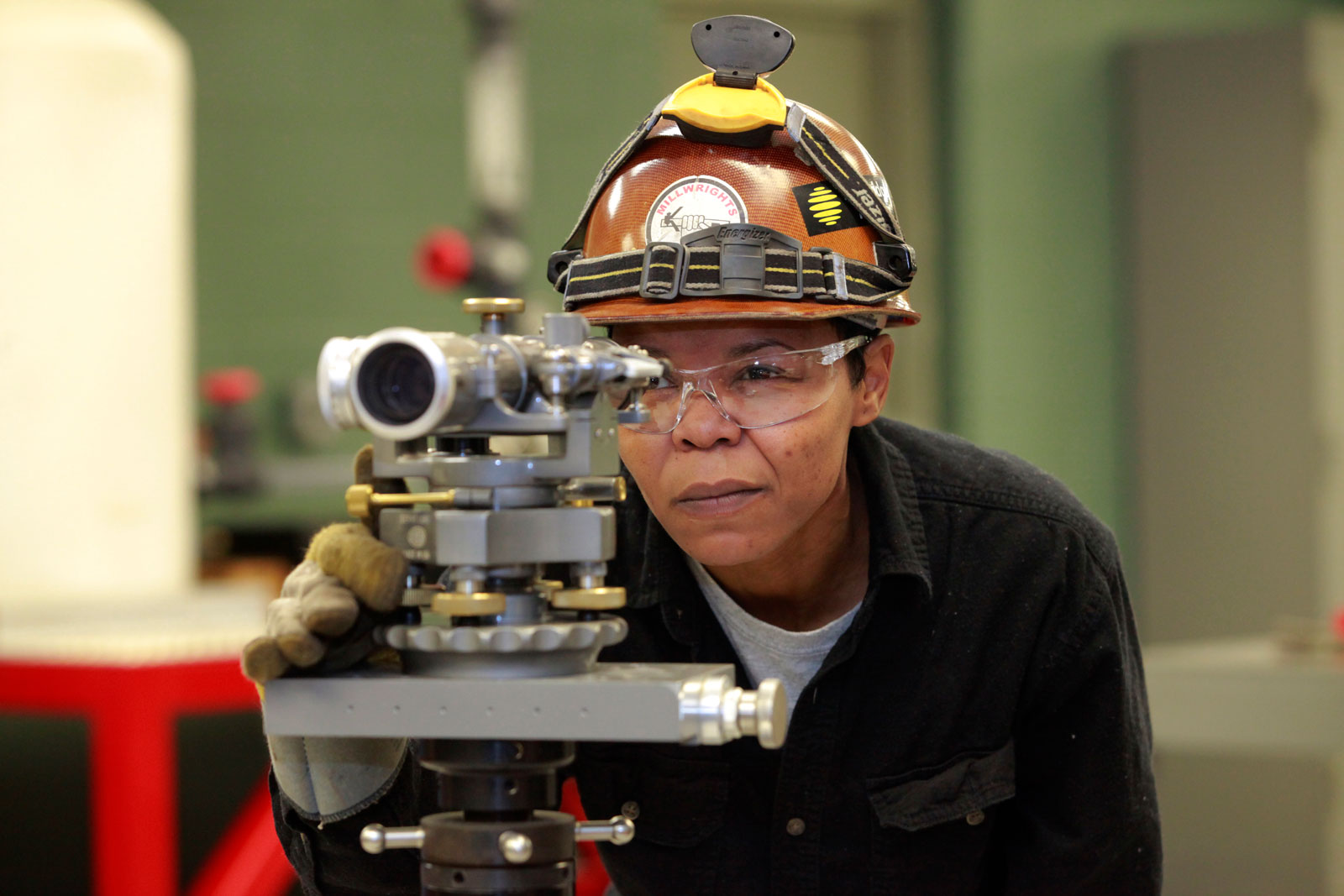Praxis Aguilar was in search of a better life in the United States, with dreams of opportunity and the ability to provide for his family. But like so many before him, he was presented with false promises that have made achieving his dream much harder than he expected.
In Central America, Praxis met people who offered to help him make his way to the U.S, at a cost of $12,000. He was unaware how dangerous the journey would be, and that it would put him deeply in debt to exploitative labor brokers.
When Praxis and his six-year-old son began their journey, he recalls, “the people who said they were going to help me were extremely secretive. They don’t tell you who is guiding you. We were given little food or water, crossing through the desert through thorns and sleeping under reeds with snakes.”
Finally in Arizona, they were detained by U.S. Border Patrol. He was questioned and received asylum, with permission to work, given his clean record. His traffickers told Praxis to cross the country to North Carolina, and from there to Minnesota. He and his son moved into a small apartment with 18 other workers in suburban Minneapolis.
“They charged each of us about $200 per week to live there,” said Praxis. “The apartment is not made for 18 people. We slept feet to head, with guys everywhere.”
Praxis was put to work by a labor broker on a publicly-subsidized apartment project in Brooklyn Park. He received no training and was not fully paid for his labor but was expected to pay his inflated rent and work off his debt from the border crossing. It was on this project where Praxis fell from the second floor, suffering extensive injuries.
“I went from the first floor to the second floor to get some materials, on stairs without handrails,” he describes. “I lost my balance, trying to lift the materials. I slipped and fell through the hole of the stairs. The impact was so hard, my hands were numb. I landed on my left leg, hitting the bone. I hit my head, but thankfully I was wearing a hard hat. I had my rib pop out and stick out from the side. My whole body was bruised.”
The labor broker’s response to Praxis’ injuries was typical. He was told he had to keep working, and they moved him to a jobsite in another town the next day.
“I barely had enough strength to go to the bathroom, but she kept saying ‘you need to go to work,’ so I went,” Praxis said. “They had me doing heavy labor. I was weak from my injuries, and I collapsed and had injuries from that fall, too.”
Praxis did not have money to pay for a doctor visit and there was no workers’ compensation insurance to cover his injuries. The labor broker told him to take painkillers and get back to work. With his son to support, Praxis was out of options. He was unable to work, indebted, threatened by his boss and desperate to keep himself and his son safe.
“I thought, if something happens to me or my son in the United States, it will be at the hands of [the labor broker],” Praxis said.
At that point Praxis turned to the North Central States Regional Council of Carpenters (NCSRCC). With the help of business representative Jorge Duran and General Counsel Burt Johnson, he received the medical attention he needed and resources to help him change course.
The NCSRCC connected him with the authorities to take legal action against the labor broker. The International Institute of Minnesota helped him move to a safe space and provided rent, food and medical assistance.
As a result of Praxis’ bravery and the work of NCSRCC and its partners, he received a settlement that would pay his debts and help him move forward. He is cooperating with authorities as they investigate his case of wage theft and worker exploitation. He hopes to work as a union carpenter once he is medically cleared.
Since Praxis brought his case to NCSRCC, the City of Brooklyn Park passed an ordinance mandating that workers be paid prevailing wages on capital projects over $50,000. The ordinance also allows the city to investigate dishonest contractors and protect workers against retaliation for filing complaints.
Praxis Aguilar is not alone, as experiences like his are repeated daily across the U.S. and Canada. Among the goals of the Tax Fraud Days of Action campaign are efforts to reform the workers’ compensation system to defeat the insurer practices that enable premium fraud, and to enact “upper-tier” contractor liability laws, so that general contractors, owners and others can be held responsible for the illegal actions of their subcontractors, including low-road labor brokers. These laws already exist in nine states and the District of Columbia.


